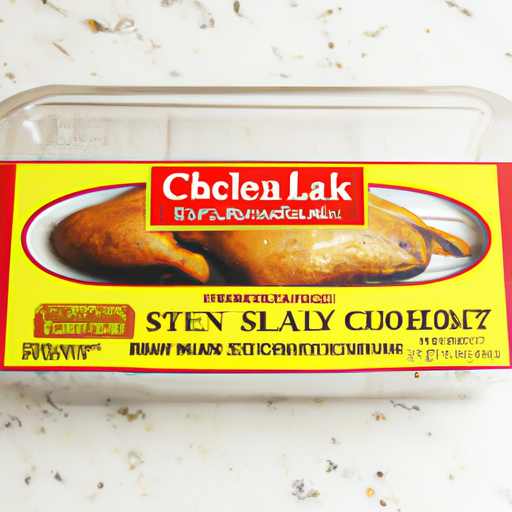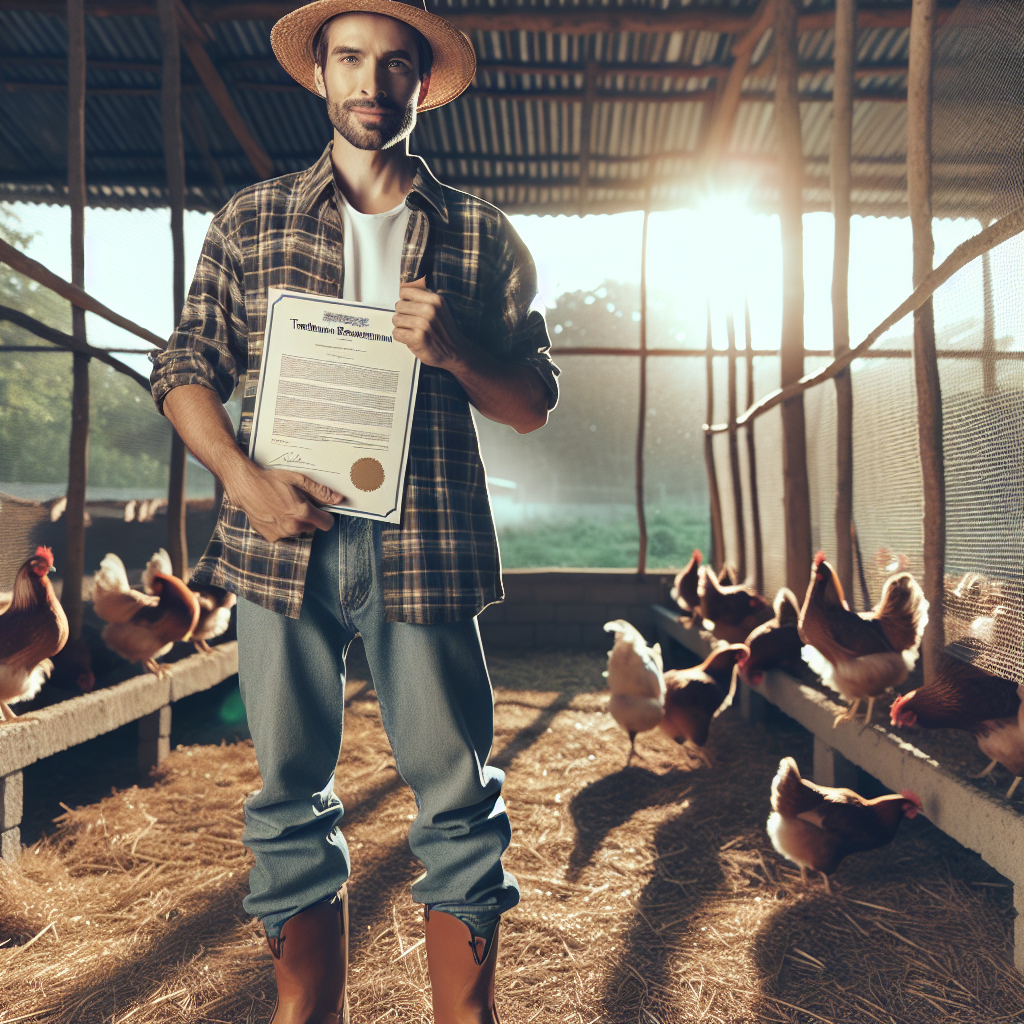Have you ever wondered if there are specific licenses or permits required to export or import chicken products? Whether you’re planning to start a chicken export business or simply curious about the regulations surrounding the import and export of these products, it’s essential to be well-informed. In this article, we will explore the various licenses and permits that may be required, helping you navigate the legal requirements and ensure a smooth chicken product trade. Find out everything you need to know in the following paragraphs.
Export of Chicken Products
Export License
To export chicken products, you must obtain an export license. This license acts as an authorization from the government to engage in the export of these products. The purpose of the license is to ensure that all exported chicken products meet certain standards and regulations, both in terms of safety and quality. Having an export license is not only a legal requirement but also helps to establish credibility and trust with overseas buyers.
Inspection and Certification
Before exporting chicken products, they need to undergo rigorous inspection and certification processes. These processes aim to verify that the chicken products meet the health and safety standards set by the importing countries. Health and safety checks include examining the products for any contaminants, ensuring proper storage and packaging practices, and confirming that the products are fit for consumption. Quality assurance checks are also conducted to ensure that the chicken products meet the required quality standards, such as taste, texture, and appearance.
Compliance with Foreign Regulations
When exporting chicken products, it is crucial to comply with the regulations set by the importing countries. These regulations can vary from country to country and may include specific labeling and packaging requirements. For example, some countries may require labels to include information such as ingredients, nutritional content, and allergy warnings. Additionally, exporters must ensure that their chicken products meet the sanitary and phytosanitary measures established by the importing countries to prevent the spread of diseases and pests.
Exporting to Specific Countries
Exporting chicken products to different countries may come with specific requirements and challenges. Some countries may impose tariffs and quotas on chicken imports, which can affect the volume and cost of your exports. It is essential to stay updated with the trade policies and agreements between your country and the target market to navigate through any trade restrictions. Furthermore, exporting to specific countries may also require additional documentation and paperwork, such as certificates of origin or special permits.
Import of Chicken Products
Import License
Similarly to exporting, importing chicken products also requires an import license. The import license is obtained from the government and serves as a legal permit to engage in the importation of chicken products. This license ensures that the imported products meet the necessary standards and regulations set by the local authorities. Obtaining an import license is necessary for compliance and to establish credibility with suppliers and customs officials.
Customs Documentation
Importing chicken products involves extensive customs documentation. Proper documentation is crucial to ensure the smooth flow of goods through customs checkpoints. The import declaration form provides detailed information about the imported products, including their quantity, value, and origin. Additionally, the bill of lading is a document that serves as proof of ownership of the goods during transportation. The commercial invoice provides a breakdown of the costs associated with the import, including the purchase price, freight charges, and insurance costs. Lastly, the certificate of origin verifies the country from which the chicken products originated.
Compliance with Local Regulations
Importers of chicken products must adhere to the local regulations in their country. These regulations may include importing standards, safety and health regulations, and legal requirements. Importing standards can encompass factors such as packaging requirements, labeling specifications, and product quality. Safety and health regulations ensure that the imported chicken products meet the necessary food safety standards to protect consumers. It is essential for importers to stay informed about any updates or changes in local regulations to avoid penalties and ensure the smooth importation of chicken products.
Importing from Specific Countries
Like exporting, importing chicken products from specific countries may come with its own set of regulations and considerations. Each country may have its own import regulations, which can include specific documentation requirements, import duties and taxes, and quarantine and inspection procedures. Importers must be aware of the specific import regulations of the countries they are sourcing chicken products from to ensure compliance and successful importation. Engaging with customs brokers or trade consultants can help navigate the complexities of importing from specific countries.
In summary, exporting and importing chicken products involve various processes, including obtaining the relevant licenses, complying with regulations, and completing the necessary paperwork. Understanding the specific requirements for each step of the process is crucial to ensure a seamless trade flow and compliance with both local and foreign regulations. By following the outlined procedures and staying informed about the ever-changing import and export regulations, you can successfully navigate the chicken product trade industry.




